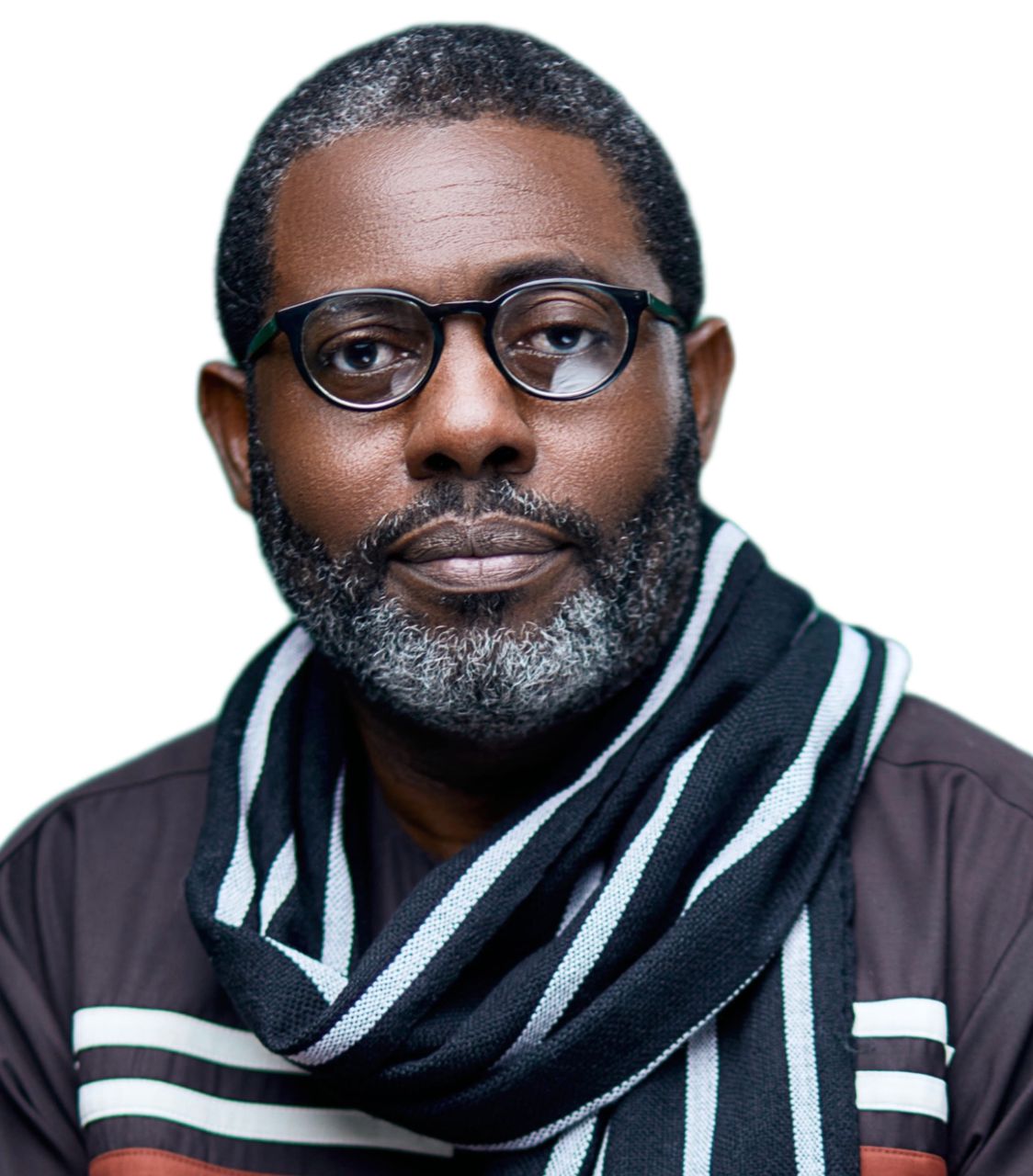Renowned filmmaker and creative strategist Femi Odugbemi has made a stirring call for a radical reassessment of the traditional creative industry, urging brands to rediscover their essence through authentic and culturally rich storytelling.
Speaking at the 2025 edition of the Marketing Edge Summit, on the panel themed “New Creator Value: A Reassessment of the Traditional Creative Industry,” Odugbemi challenged marketing professionals to move beyond the corporate confines of slogans and metrics, and instead embrace storytelling as a dynamic, immersive force; one capable of shaping beliefs, culture, and identity.
“Marketing must discover itself beyond the office,” he said. “It must reach into the soul of storytelling, where culture, imagination, and identity come together to form narratives that truly matter.”
According to him, the future of marketing lies in ‘immersive storytelling,’ hence, noting that stories are not just told, but deeply felt.
He emphasised the importance of embedding African idioms, sounds, songs, and cultural elements into brand narratives, arguing that the continent’s unique cultural wealth offers a treasure trove of meaning that global audiences are increasingly hungry for.
“Stories become more powerful when they reflect the rhythm of our realities. Sound, song, language, these aren’t accessories. They are vessels of identity,” Odugbemi noted.
ALSO WATCH MARKETING EDGE ONTV
He further spoke about the concept of“imagination engineering”, describing it as the creative ability to craft stories that help people believe in possibilities, even in the face of cynicism or despair. According to him, for brands, this means becoming agents of hope and positive change.
“Imagination engineering is about telling stories that replace doubt with belief, that move people from fear to possibility,” he said. “Marketing should no longer just sell products. It must sell belief in a better tomorrow.”
In his remarks on earning dynamic customer relationships through stories, Odugbemi offered a profound shift in perspective. He noted that the goal should no longer be only about ‘customer loyalty,’ but rather about also creating what he termed ‘cultural ownership.’
“We don’t just gain consumer loyalty, we create cultural ownership,” he said. “When your story resonates deeply, people don’t just buy your product; they carry your message. That is ownership.”
Odugbemi’s insights served as both a critique and a rallying cry for brands to step into their deeper roles as cultural storytellers and architects of positive imagination.







Comment
No comments found.